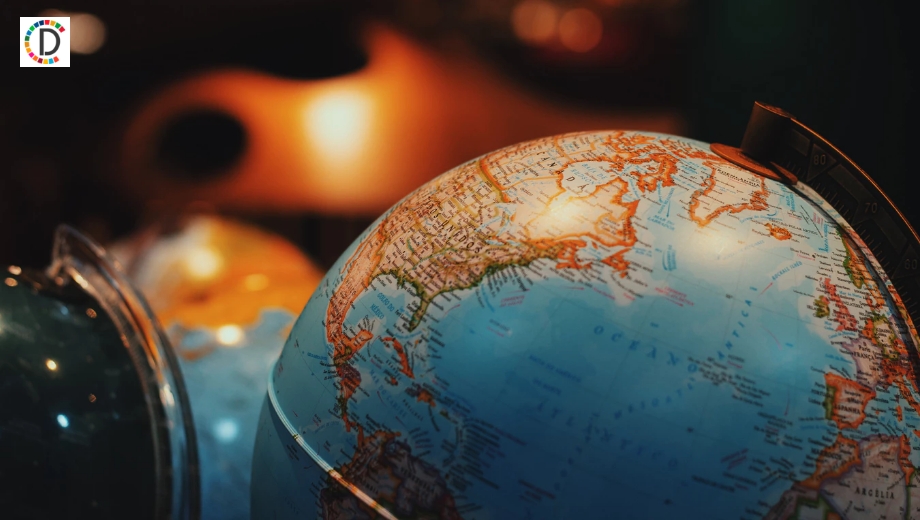Putin, Abe talks fail to break island impasse

Moscow, Jan 22 (AFP) The leaders of Russia and Japan fell short of agreement Tuesday over a disputed island chain that has long prevented a peace treaty to formally end World War II. Japanese Prime Minister Shinzo Abe's visit to Moscow marked the 25th time he and Russian President Vladimir Putin have met since 2013, a reflection of their efforts to build cooperation despite the territorial disagreement.
The Soviet army seized the four Kuril islands, between the Sea of Okhotsk and the Pacific Ocean, in the last days of World War II. Tokyo's refusal to recognise Moscow's sovereignty there has been a barrier to peace for more than seven decades.
Putin told journalists following the talks there that "detailed work" remained ahead of the two parties before any agreement, but hailed the summit as "useful and substantial." He confirmed Moscow is still interested in building the negotiating process on a 1956 Soviet-Japanese declaration "which stipulates first and foremost the signing of a peace accord," Putin said.
The declaration mooted giving Japan two of the smaller islands after a peace deal, which fell through due to Tokyo's claim over all four and its eventual military alliance with Washington. Abe said at the joint briefing that the leaders "discussed the peace agreement without hiding anything from one another" and "agreed to continue energetic work," in comments translated from Japanese.
Earlier this month Moscow responded furiously to a New Year's message from Abe in which the Japanese leader said Russians living on the islands should be helped to accept that the "sovereignty of their homes will change". Russian Foreign Minister Sergei Lavrov said Tokyo needed to recognise Russia's sovereignty over the Kurils.
"Why is Japan the only country in the world that cannot accept the results of World War II in their entirety?" he asked. Moscow has also lamented Japan's hesitance to invest in Russian projects, including on the Kuril islands themselves.
On Tuesday, Putin said that no "qualitative shift" has happened in the realm of economic cooperation, hoping that bilateral trade would grow to USD 30 billion from about USD 18 billion in 2017. His spokesman Dmitry Peskov indicated after the summit that Moscow would be keen to see some investment to get the peace talks rolling. "Trade and economic ties must be developed, and that will allow other issues to be resolved."
Abe's Moscow visit is the first leg of a trip to Europe, which will also include a speech at the Davos forum in Switzerland on Wednesday. Recent reports indicated that Abe may be leaning toward a framework that would see Japan claiming two of the smaller islands, Shikotan and Habomai, which is actually a group of uninhabited islets.
But it is not clear whether the Kremlin would be willing to transfer sovereignty over any territory. The chain ensures Russia's strategic control of the Sea of Okhotsk, and some southern islands in the chain are less than 10 kilometres (six miles) from Japan's Hokkaido island.
Giving away even uninhabited islands would be poorly received in Russia, where World War II is hugely symbolic and post-war territorial gains are seen as non-negotiable. On Tuesday morning, a small group of protesters holding leftist red flags gathered near the Japanese embassy in Moscow. Leftist politician Sergei Udaltsov wrote on Facebook that 11 people were detained by police.
An opinion poll by independent Russian pollster Levada Centre last month suggested that 74 percent of Russians would not support exchanging some of the islands for a peace deal, while only 17 percent said they would. To make a deal work "a vast majority of the public in Russia and Japan must support the agreement," Dmitry Trenin, who heads the Carnegie Moscow Centre, wrote in the Vedomosti newspaper.
Russian state television has been unenthusiastic about the summit. Top news presenter Dmitry Kiselyov disputed the very notion that Japan could be a "friend" of Russia as long as it opposed Moscow's policies and had US military "occupying" its territory.
As for the Kurils, Kiselyov said on his popular "News of the Week" show that 90 per cent of Russians were against giving any of them back to Tokyo. "Would Putin want to ignore this powerful public opinion?" he asked. "Impossible." (AFP) SCY
SCY SCY
(This story has not been edited by Devdiscourse staff and is auto-generated from a syndicated feed.)










